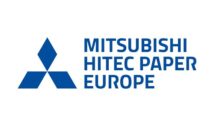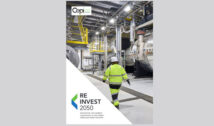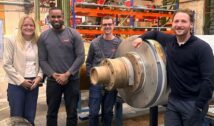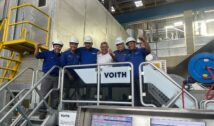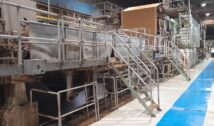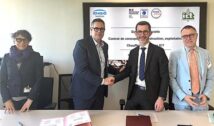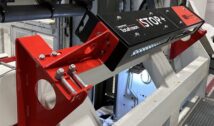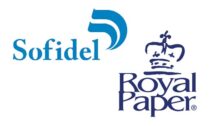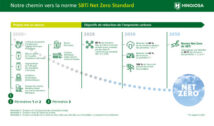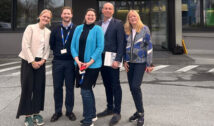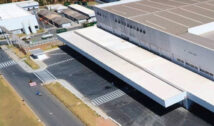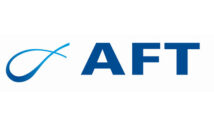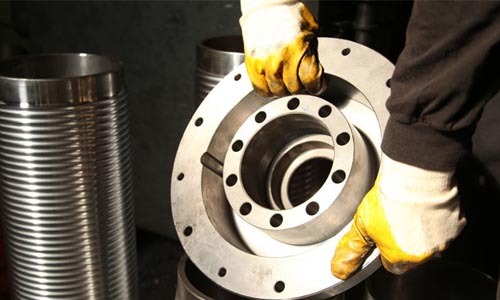
The problem of work-related musculoskeletal disorders is on the rise in Europe. Workers in manual and grip-intensive industries are losing strength and dexterity in their limbs, which in turn costs countries and businesses billions of euros every year. It is time to implement preventive measures against hand related MSDs in our industries, writes Petter Bäckgren, CEO of Bioservo Technologies.
The increase of hand related musculoskeletal disorders or MSDs is an ever-growing problem in Europe today. A report from the European Agency for Safety and Health at Work found that the related costs for such disorders in Germany are astronomical: EUR 17.2 billion in production loss costs based on labour costs and EUR 30.4 billion in loss of labour productivity. This represents 0.5 percent and 1.0 percent of Germany’s gross domestic product (GDP), respectively. In the same report, data shows that a very large percentage of workers affected by MSDs require medical treatment. This means further costs for companies, societies, and the affected individuals: costs related to sick leave, healthcare, rehabilitation and reintegration or replacements. Despite such staggering figures not much is being done to prevent the occurrence of hand- and upper limb related MSDs in the workplace. MSDs are most prevalent in industries such as construction, agriculture/fisheries, industry, transport, and healthcare. These industries will continue to be relevant in the future in addition to having an ageing workforce. Greater age is associated with a significantly higher probability of incurring MSDs in the upper limbs, which confirms that preventing exposure to risk factors that contribute to work-related MSDs is important for the sustainability of work – especially among older age groups.
Preventing MSDs through the use of a grip-strengthening device
At Bioservo Technologies we have tracked the problem of work-related MSDs since the early 2000s. In order to make it possible for people with hand-intensive work tasks to have a full and healthy career without risking injury, we invented a soft exoskeleton glove for the hand. The glove is aptly named Ironhand as it aims to keep the user strong, healthy and efficient by aiding and strengthening their grip – thus minimising the risks of incurring musculoskeletal disorders.
Preventive solutions such as the Ironhand glove are needed in order to tackle the increasing problem of hand related MSDs in Europe, especially in grip-intensive industries and with an ageing workforce. Repetitive, grip-intensive tasks that require strength cause repetitive strain injuries (RSIs) and other MSDs alarmingly often. Earlier, we’ve talked about the exorbitant costs related to this – but let’s not forget about the other side of the coin, such as the workers’ pain and inability to work. No one wants to lose strength or dexterity in their hands, especially if it affects their livelihood. According to the European Agency for Safety and Health at Work report, 14 percent of the workers afflicted with upper limb MSDs experience persistent pain in the damaged area. Reports show that experiencing persistent physical pain will affect the mental wellbeing of the person affected – another strong incentive to implement preventive measures against hand related MSDs in the workplace.
Don’t let work-related musculoskeletal disorders become the main reason for early retirement in European industries – especially when there are ways of preventing them. Let’s keep workers strong, healthy and efficient by implementing preventive measures against MSDs today!


